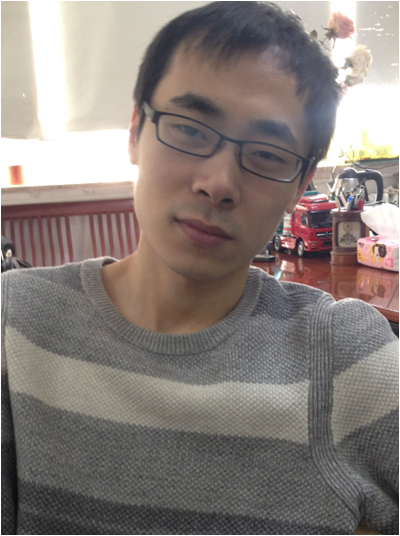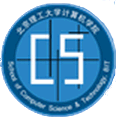孟宪文、梁啟锵等同学的论文被JIMS录用
在本学期即将结束之际又传来好消息。孟宪文等同学的论文“Intercell Scheduling for Multiple Job Shop Cells with One Batch-processing Machine”和梁啟锵等同学的论文“A Heuristic-Search Genetic Algorithm for Multi-Stage Hybrid Flow Shop Scheduling with Single Processing Machines and Batch Processing Machines”先后被Springer刊物Journal of Intelligent Manufacturing(影响因子:1.084)。梁啟锵同学已经毕业离开实验室,但仍利用周末回来参与论文的修改,学弟学妹们对他感到非常佩服,冬妮老师也深感欣慰。
两篇论文的摘要如下:
Intercell Scheduling for Multiple Job Shop Cells with One Batch-processing Machine

Abstract Intercell transfers are inevitable for the manufacturing of complicated products, which disrupts the philosophy of cellular manufacturing and leads new challenges to the field of production scheduling. The issue of intercell scheduling is analyzed in the context of a cellular manufacturing system consisting of multiple single-processing machines and one batch-processing machine, which is derived from the actual manufacturing of complicated assemblies in the equipment manufacturing industry. Since the two types of machines are different from, even contrary to, each other in some constraint conditions, a combinational ant colony optimization (CACO) approach is developed in this paper, which designs two structures for the single-processing machines and the batch-processing machine, respectively. By updating pheromone trails integratedly and scheduling the single-processing operations and the batch-processing operations simultaneously, cooperative optimization for the two types of machines is achieved in the CACO. Minimizing the maximum completion time is taken as the scheduling objectives. Computational results show that the CACO has significant advantages comparing with other approaches and the CPLEX, and is especially suitable for the large dimension problems.
A Heuristic-Search Genetic Algorithm for Multi-Stage Hybrid Flow Shop Scheduling with Single Processing Machines and Batch Processing Machines

Abstract This paper addresses the scheduling problem for a multi-stage hybrid flow shop (HFS) with single processing machines and batch processing machines. Each stage consists of nonidentical machines in parallel, and only one of the stages is composed of batch processing machines. Such a variant of the HFS problem is derived from the actual manufacturing of complex products in the equipment manufacturing industry. Aiming at minimizing the maximum completion time and minimizing the total weighted tardiness, respectively, a heuristic-search genetic algorithm (HSGA) is developed in this paper, which selects assignment rules for parts, sequencing rules for machines (including single processing machines and batch processing machines), and batch formation rules for batch processing machines, simultaneously. Then parts and machines are scheduled using the obtained combinatorial heuristic rules. Since the search space composed of the heuristic rules is much smaller than that composed of the schedules, the HSGA results in lower complexity and higher computational efficiency. Computational results indicate that as compared with meta-heuristics that search for scheduling solutions directly, the HSGA has a significant advantage with respect to the computational efficiency. As compared with combinatorial heuristic rules, other heuristic-search approaches, and the CPLEX, the HSGA provides better optimizational performance and is especially suitable to solve large dimension scheduling problems.
(审核:李冬妮)


